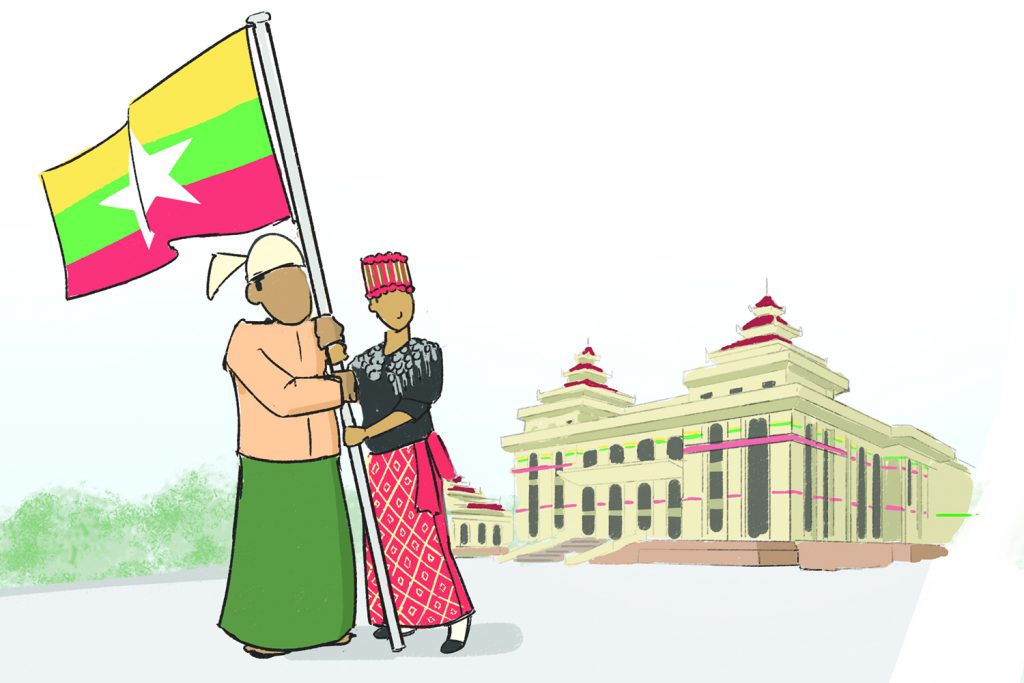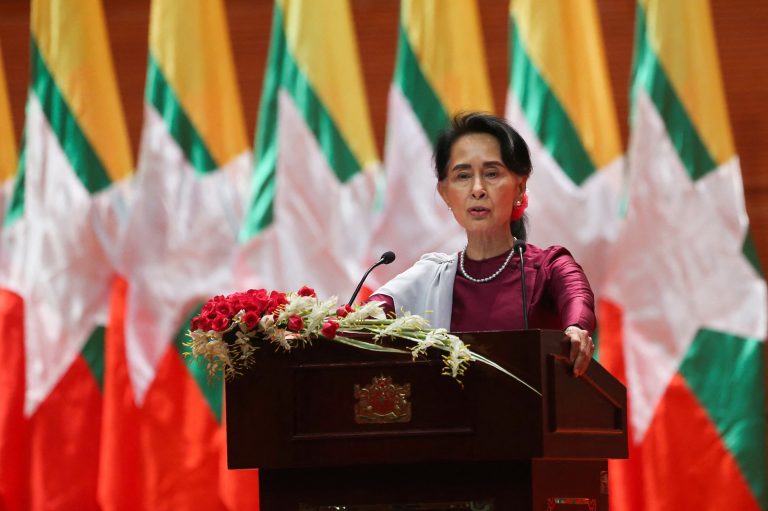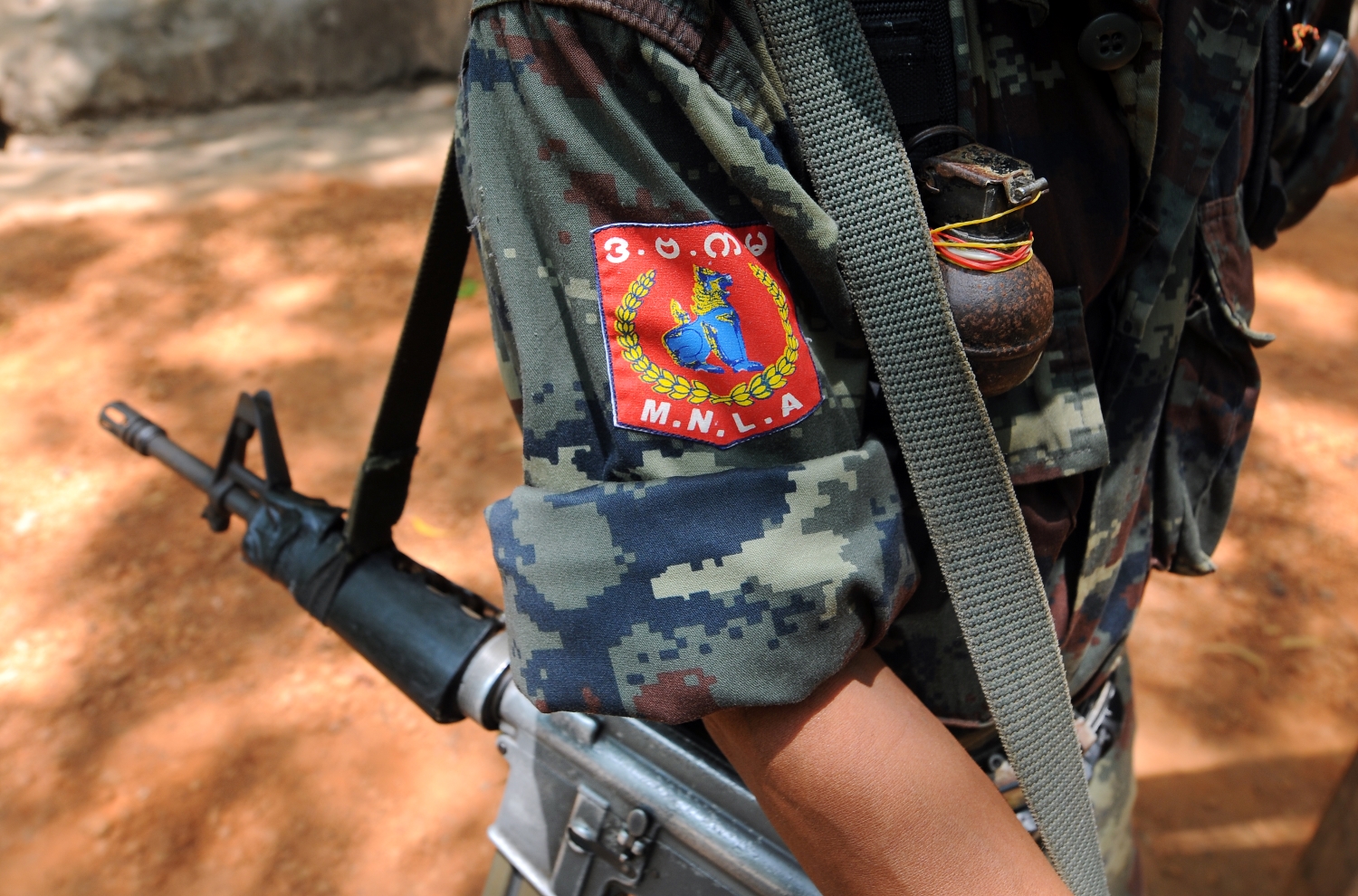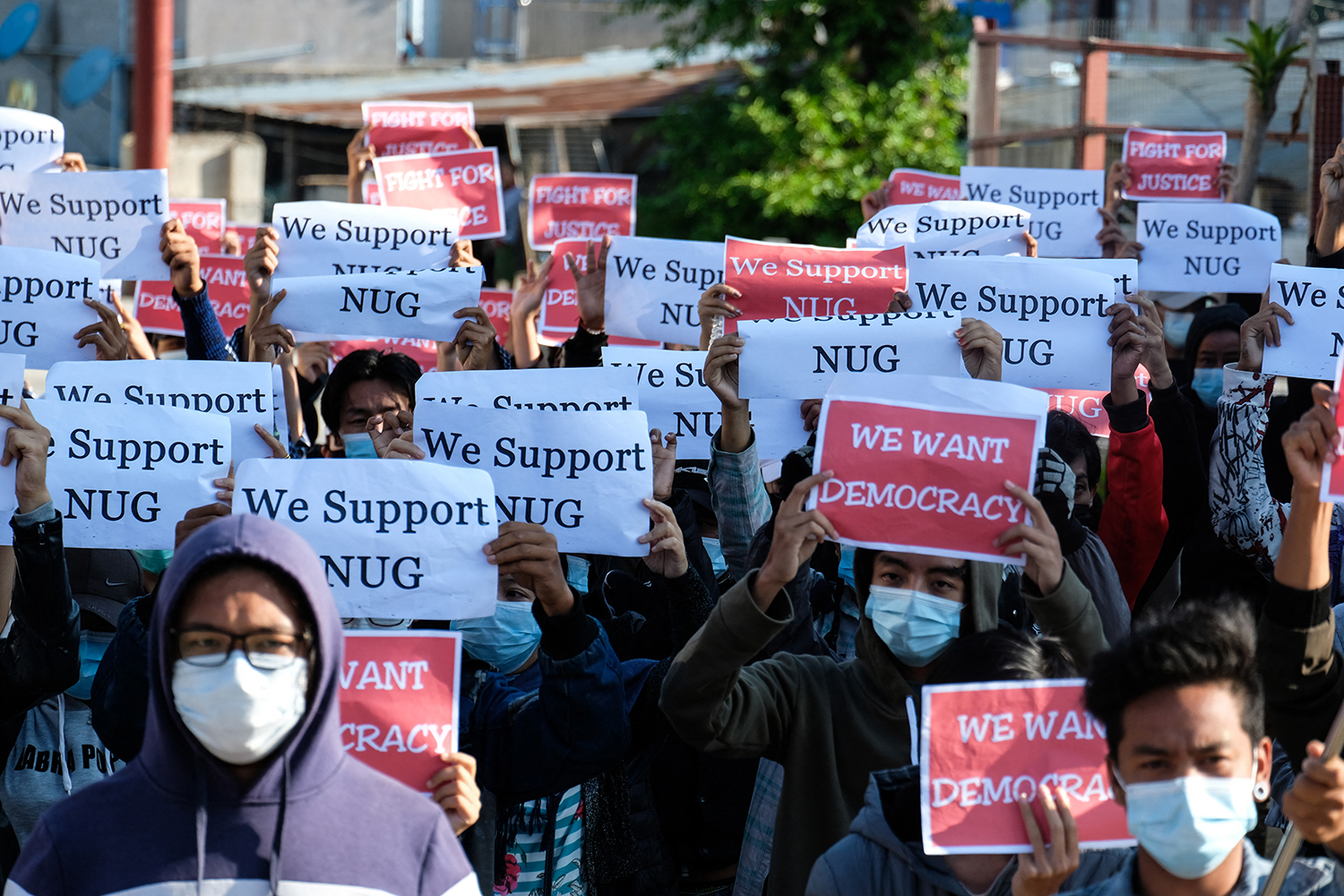On January 29, three slides briefly appeared on the monitor inside the Pyidaungsu Hluttaw, Myanmar’s national legislature.
The revelations were explosive: a prominent joint venture between a state-owned enterprise, Myanma Petroleum Products Enterprise, and a foreign company, Puma Energy, had been using land at airports around the country for years without payment. Tens of millions of dollars of profits were in purgatory, unable to be distributed until the land leases could be resolved.
The information had come from the 2016-17 Auditor General’s Office report, and National League for Democracy lawmaker U Win Htut, chair of the Pyithu Hluttaw’s Transportation, Communication and Construction Committee, wanted answers.
Frontier had been pursuing the story for several months by this point. The tabling of the information in parliament meant we could proceed with our story, “Puma’s jet fuel debacle”, published in our February 6 issue.
Elsewhere, though, Win Htut’s questioning barely made a ripple. Few, if any, media ran a story on the travails of the joint venture, National Energy Puma Aviation Services, despite the information being easily available on the Hluttaw’s Facebook page.
As with so much in Myanmar, sentiment towards the parliament has veered sharply between dire pessimism and overweening optimism, with few observers investing time to understand its nuances.
From 2011 to 2016, the Pyidaungsu Hluttaw became an unexpected force for democratic change, ruthlessly holding the U Thein Sein government to account. But this was less about building up an institution or political culture for the long term than enhancing the power of one man: Pyithu Hluttaw Speaker U Shwe Mann.
Under the NLD, the legislature has largely been written off as ineffective, its lawmakers cowed into towing the government line. In reality, the legislature has many hard-working MPs, who toil outside the limelight and find ways to make positive contributions despite strict party rules and inadequate resources.
As the aviation fuel questioning shows, we should spend more time observing what’s going on in the legislature and less making superficial judgements about its performance.
It is just one of many positive examples of lawmakers fulfilling their oversight role and holding government to account.
During 2019, the Electricity and Energy Development Committee – the only new committee established under the NLD – was tenacious in its questioning of the Ministry of Electricity and Energy about how it would meet rising demand for electricity.
The responses from the ministry were illuminating – it was clear that in fact it had no real plan. Some cite this pressure from parliament as one of the reasons for last year’s emergency power tender, the subject of the lead article in this issue. It was likely also a factor in the appointment of a new deputy minister, U Khin Maung Win, who was given responsibility for electricity, and the incumbent deputy, Dr Tun Naing, being shunted into an energy-focused role.
In October 2018, the Amyotha Hluttaw Agriculture Committee launched a parliamentary inquiry into agricultural chemicals with support from the United Nations Development Programme. Featuring terms of reference, a call for submissions and public hearings, it’s the first inquiry of its kind and will result in a report with policy options to tackle the harmful effects of these chemicals.
As Renaud Egreteau from City University Hong Kong has written, the Pyidaungsu Hluttaw has also moved towards a more settled parliamentary calendar – one that enables lawmakers to spend more time in their constituencies. Even if their legislative and accountability roles have not advanced dramatically under the NLD, Egreteau makes the point that lawmakers have become more prominent figures (lu gyi) in their constituencies, whom people go to for help, or to get things done.
Yes, the national legislature could and should be doing much more. As Frontier has previously reported, it has barely addressed the issue of conflict in Rakhine State. When it has, it has mostly focused on fighting between the Tatmadaw and Arakan Army, rather than the military’s actions that prompted 750,000 Rohingya to flee to Bangladesh.
State Counsellor Aung San Suu Kyi and other party leaders should remove some of the restrictions on lawmakers and make clear that they support attempts to ensure executive accountability.
But describing the Pyidaungsu Hluttaw as merely a rubber stamp is not only inaccurate. It also does a disservice to the MPs who are working hard, under difficult conditions, to fulfil their legislative, oversight and representational duties.







